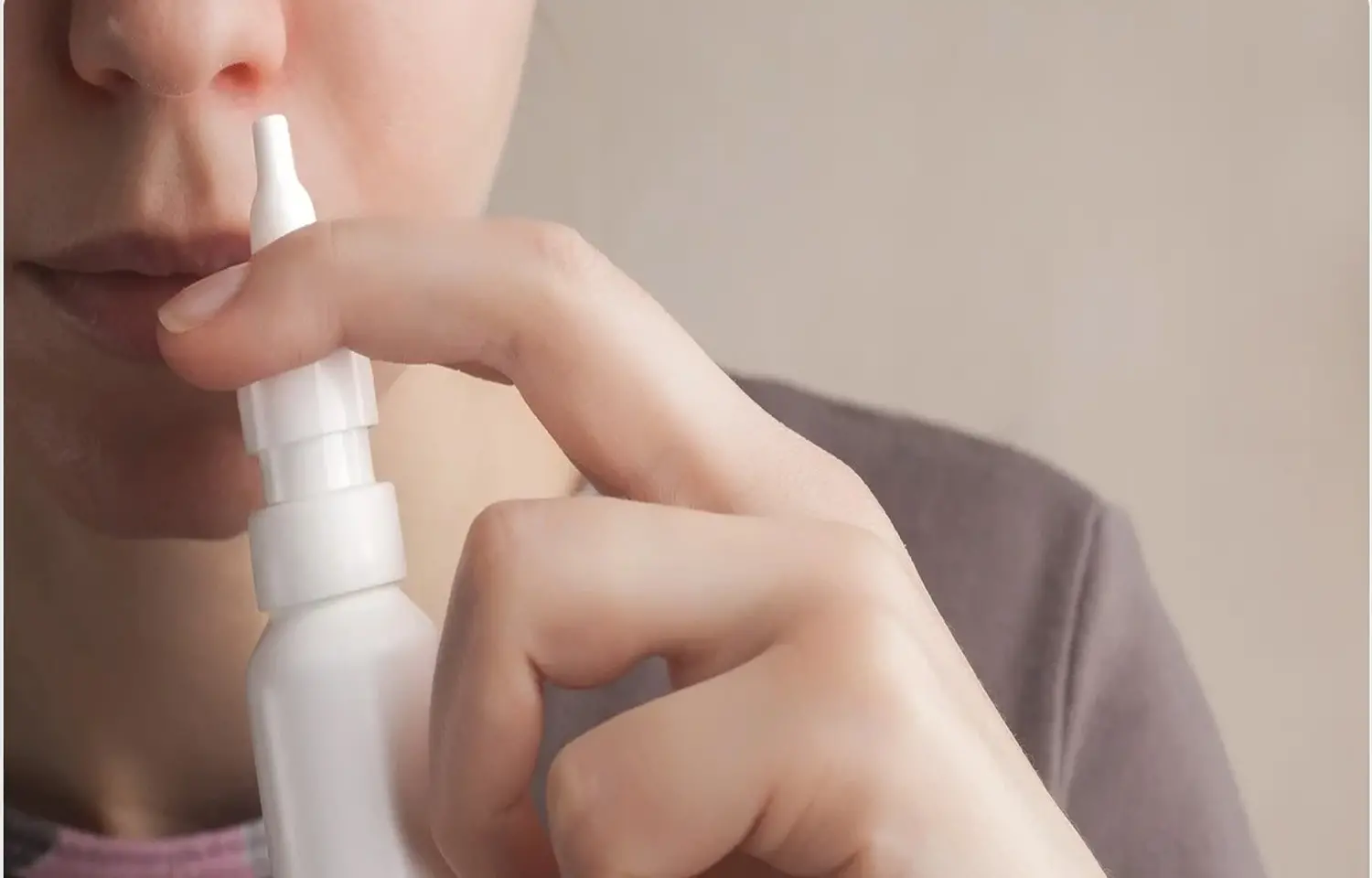- Home
- Medical news & Guidelines
- Anesthesiology
- Cardiology and CTVS
- Critical Care
- Dentistry
- Dermatology
- Diabetes and Endocrinology
- ENT
- Gastroenterology
- Medicine
- Nephrology
- Neurology
- Obstretics-Gynaecology
- Oncology
- Ophthalmology
- Orthopaedics
- Pediatrics-Neonatology
- Psychiatry
- Pulmonology
- Radiology
- Surgery
- Urology
- Laboratory Medicine
- Diet
- Nursing
- Paramedical
- Physiotherapy
- Health news
- Fact Check
- Bone Health Fact Check
- Brain Health Fact Check
- Cancer Related Fact Check
- Child Care Fact Check
- Dental and oral health fact check
- Diabetes and metabolic health fact check
- Diet and Nutrition Fact Check
- Eye and ENT Care Fact Check
- Fitness fact check
- Gut health fact check
- Heart health fact check
- Kidney health fact check
- Medical education fact check
- Men's health fact check
- Respiratory fact check
- Skin and hair care fact check
- Vaccine and Immunization fact check
- Women's health fact check
- AYUSH
- State News
- Andaman and Nicobar Islands
- Andhra Pradesh
- Arunachal Pradesh
- Assam
- Bihar
- Chandigarh
- Chattisgarh
- Dadra and Nagar Haveli
- Daman and Diu
- Delhi
- Goa
- Gujarat
- Haryana
- Himachal Pradesh
- Jammu & Kashmir
- Jharkhand
- Karnataka
- Kerala
- Ladakh
- Lakshadweep
- Madhya Pradesh
- Maharashtra
- Manipur
- Meghalaya
- Mizoram
- Nagaland
- Odisha
- Puducherry
- Punjab
- Rajasthan
- Sikkim
- Tamil Nadu
- Telangana
- Tripura
- Uttar Pradesh
- Uttrakhand
- West Bengal
- Medical Education
- Industry
FDA Approves Higher Dosage of Naloxone Nasal Spray to Treat Opioid Overdose

The U.S. Food and Drug Administration announced today the approval of a higher dose naloxone hydrochloride nasal spray product to treat opioid overdose. The newly approved product delivers 8 milligrams (mg) of naloxone into the nasal cavity. The FDA had previously approved 2 mg and 4 mg naloxone nasal spray products.
Naloxone is a medicine that can be administered by individuals with or without medical training to help reduce opioid overdose deaths. If naloxone is administered quickly, it can counter the opioid overdose effects, usually within minutes. A higher dose of naloxone provides an additional option in the treatment of opioid overdoses.
"Today's action meets another critical need in combatting opioid overdose," said Patrizia Cavazzoni, M.D., director of the FDA's Center for Drug Evaluation and Research. "Addressing the opioid crisis is a top priority for the FDA, and we will continue our efforts to increase access to naloxone and place this important medicine in the hands of those who need it most."
Over the last several years, the FDA has taken a number of steps to improve availability of naloxone products, including: encouraging manufacturers to pursue approval of over-the-counter naloxone products; requiring drug manufacturers for all opioid pain relievers and medicines to treat opioid use disorder to add new recommendations about naloxone to the prescribing information; and extending the shelf life of naloxone nasal spray from 24 months to 36 months.
The FDA is committed to using its regulatory authority to address the opioid crisis with a focus on: decreasing exposure to opioids and preventing new addiction; fostering the development of novel pain treatment therapies; supporting treatment of those with opioid use disorder; and improving enforcement and assessing benefit-risk.
The use of naloxone in patients who are opioid-dependent may result in opioid withdrawal characterized by body aches, diarrhea, increased heart rate (tachycardia), fever, runny nose, sneezing, goose bumps (piloerection), sweating, yawning, nausea or vomiting, nervousness, restlessness or irritability, shivering or trembling, abdominal cramps, weakness and increased blood pressure.
The FDA granted approval of KLOXXADO to Hikma Pharmaceuticals through the 505(b)(2) approval pathway under the Federal Food, Drug, and Cosmetic Act. A new drug application submitted through this pathway may rely on the FDA's finding that a previously approved drug is safe and effective or on published literature to support the safety and/or effectiveness of the proposed product, if such reliance is scientifically justified. In this case, the manufacturer submitted a 505(b)(2) application that relied, in part, on the FDA's finding of safety and effectiveness for naloxone hydrochloride (NARCAN injection) to support approval. The applicant demonstrated that reliance on the FDA's finding of safety and effectiveness for Narcan was scientifically justified and provided KLOXXADO-specific pharmacokinetic data to establish the drug's safety and efficacy for its approved use.
Hina Zahid Joined Medical Dialogue in 2017 with a passion to work as a Reporter. She coordinates with various national and international journals and association and covers all the stories related to Medical guidelines, Medical Journals, rare medical surgeries as well as all the updates in the medical field. Email: editorial@medicaldialogues.in. Contact no. 011-43720751
Dr Kamal Kant Kohli-MBBS, DTCD- a chest specialist with more than 30 years of practice and a flair for writing clinical articles, Dr Kamal Kant Kohli joined Medical Dialogues as a Chief Editor of Medical News. Besides writing articles, as an editor, he proofreads and verifies all the medical content published on Medical Dialogues including those coming from journals, studies,medical conferences,guidelines etc. Email: drkohli@medicaldialogues.in. Contact no. 011-43720751


